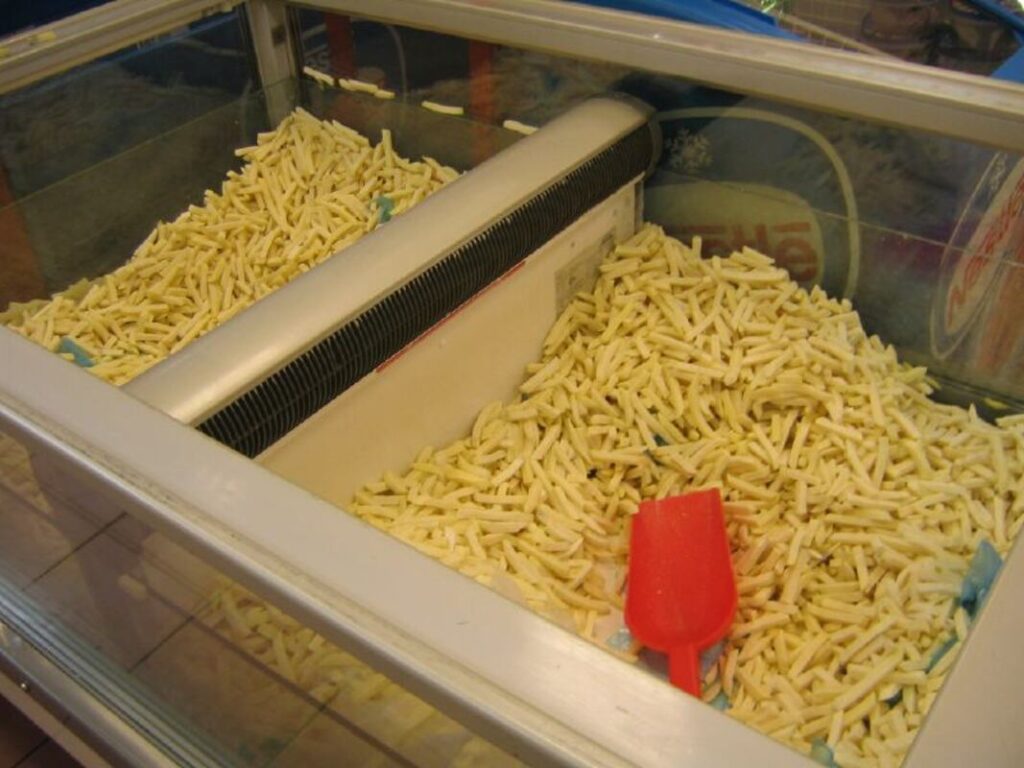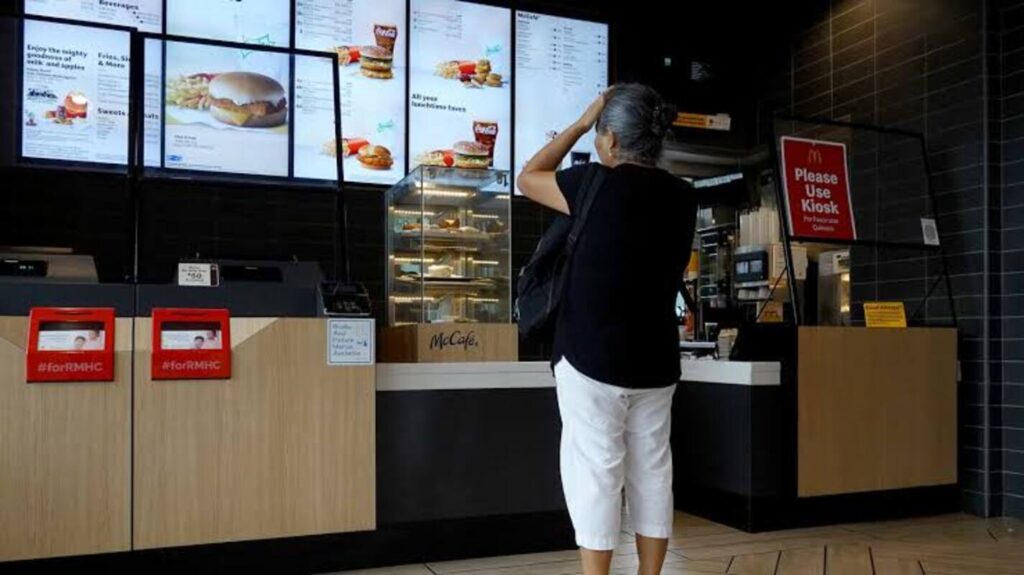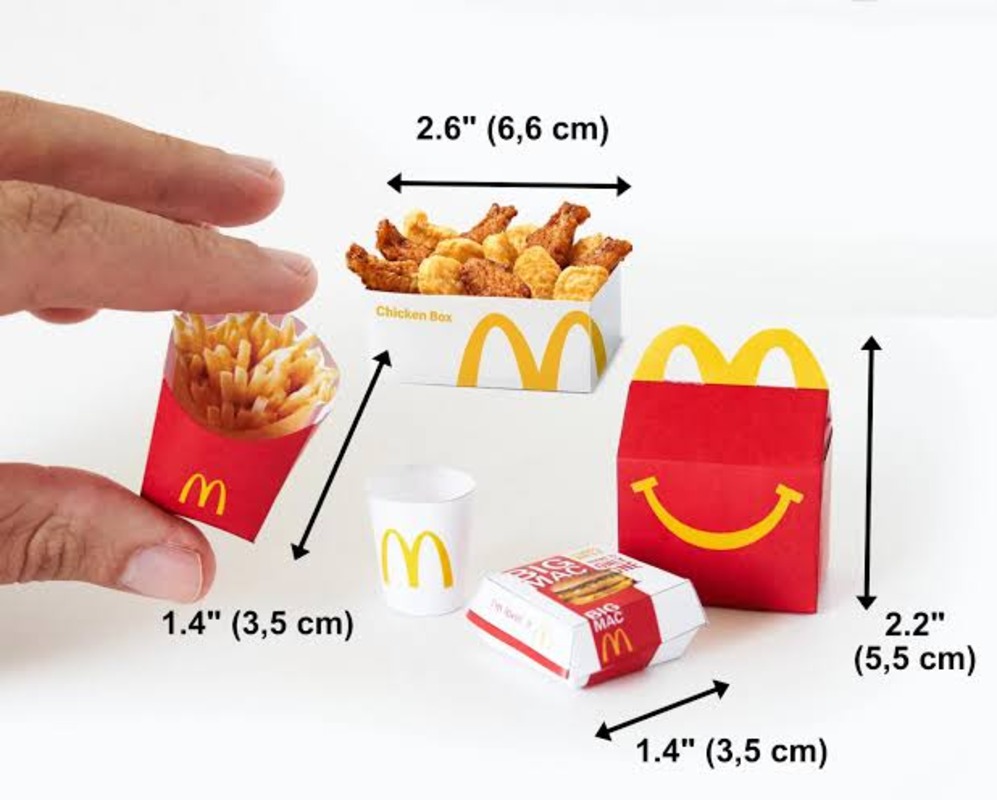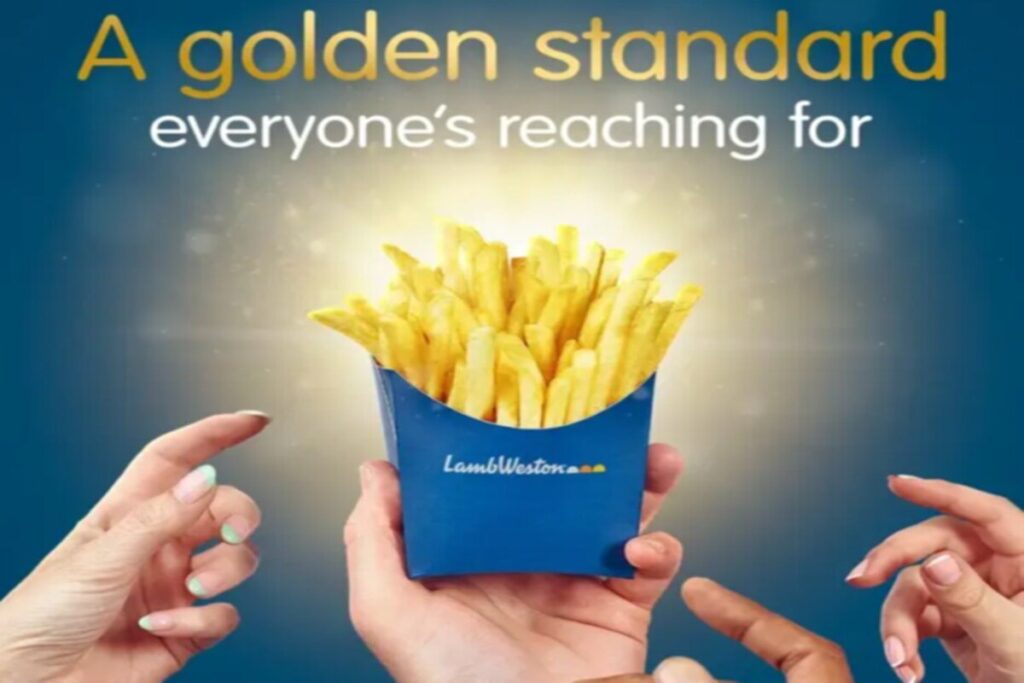A major McDonald’s french fry maker, Lamb Weston, shut down one of its production facilities in the first week of October. During an official announcement, the company explained that it could no longer sustain its operation costs and had to make difficult decisions. Most significant among the changes effected by Lamb Weston is the decision to cut its global workforce by 4%.
Lamb Weston CEO Tom Werner explained, “We are also taking actions to reduce operating expenses, including reducing headcount and eliminating certain unfilled job positions, as well as reducing capital expenditures.” He also emphasized that the French fry maker will conveniently meet its supply quotas while training its sights on fiscal targets.
This development is a clear testament to the economic stresses that the fast food industry is undergoing. Lamb Weston’s recent closure of its Connell, Washington plant led to 375 job losses.
Diminishing Demand for Frozen Potatoes
In a statement following the downsizing, Werner mentioned that the continually waning demand for Lamb Weston’s product made the cuts inevitable. He, in fact, narrowed down the factory closure to a poor consumer price index (CPI) figure.

If the dramatic drop in supply were momentary, Lamb Weston would simply have tried to break even. However, Werner mentioned during his statement that they project the decline in demand to extend well into 2024. “Restaurant traffic and frozen potato demand, relative to supply, continue to be soft, and we believe it will remain soft through the remainder of fiscal 2025,” the CEO said.
Lamb Weston is the largest producer of french fries in North America, which explains its ability to meet McDonald’s historic demands. However, the company is currently trying to “manage [its] factory utilization rates and ease some of the current supply-demand imbalance in North America.”
ALSO READ: 7 Fast Food Chains That Always Use Frozen Burger Patties and 5 That Don’t
Economic Challenges and Inflation Impact
All thanks to phenomenally rising national inflation, more and more families are falling previously categorized as middle class and are falling closer to the poverty line. The cost of living chart is on a sharp climb, rubbing off on almost every facet of livelihood.
For example, it now suffices for cash-strapped Americans to cook and eat at home rather than dining at a restaurant. So, fast food restaurants are seeing less and less traffic. Most consumers now know better to invest loose cash in visits to grocery stores, which are equally experiencing hikes in price, than a splash on fast food.

In summary, that is why your neighborhood, Wendy’s, is gradually being taken over by tumbleweed.
Lamb Weston’s Financial Decline
In addition to supplying McDonald’s and other fast-food outlets, Lamb Weston also has a fast-food concern of its own. Having this direct access to consumers helped the McDonald’s French fry maker remain price competitive. Likewise, the access helped Lamb Weston realize that the challenge is not a faulty supply chain but a flagging demand.
So far, in 2024, Lamb Weston has experienced declines on multiple economic fronts. For example, the company’s stock price has declined by almost 35% in 2024 alone.

According to Lamb Weston’s Q1 financial report, the company’s net income dipped by 46% yearly. Similarly, the net income from the french fry supplier’s global operations declined by 34%. Also, net sales fell by 1%, all within 12 months.
ALSO READ: McDonald’s Might Have to Leave California
McDonald’s Sales Slump and Its Impact
On the one hand, fast food chains are trying to salvage the situation with diverse strategies. For example, McDonald’s now offers a $5 meal that comes with either a McChicken or McDouble, a mini fountain drink, a four-piece nugget, and a small pack of fries.
Other fast food chains like Wendy’s and Burger King are following McDonald’s lead by offering similar deals. However, these deals equally come with small portions of fries. Werner argues that these special offers are partly responsible for the decline in frozen potato demand.

According to Werner, consumers who now visit fast food restaurants often choose the meal deal promo. Consequently, many of these customers end up settling for a smaller portion of fries than the medium sizes they would have ordered during off-promo seasons.
It is unsurprising that the Lamb Weston CEO is concerned about what deals McDonald’s offers customers. Operational challenges to McDonald’s would ripple off to the French fry maker, which is Lamb Weston’s largest customer.
Unfortunately, McDonald’s has reported a decline in sales within the US since the beginning of 2024. In 2024 Q3, the Golden Arches company recorded a 0.7% decline in year-on-year sales. We can only wait and see how Lamb Webster and the fast-food restaurants ride out this economic wave.

